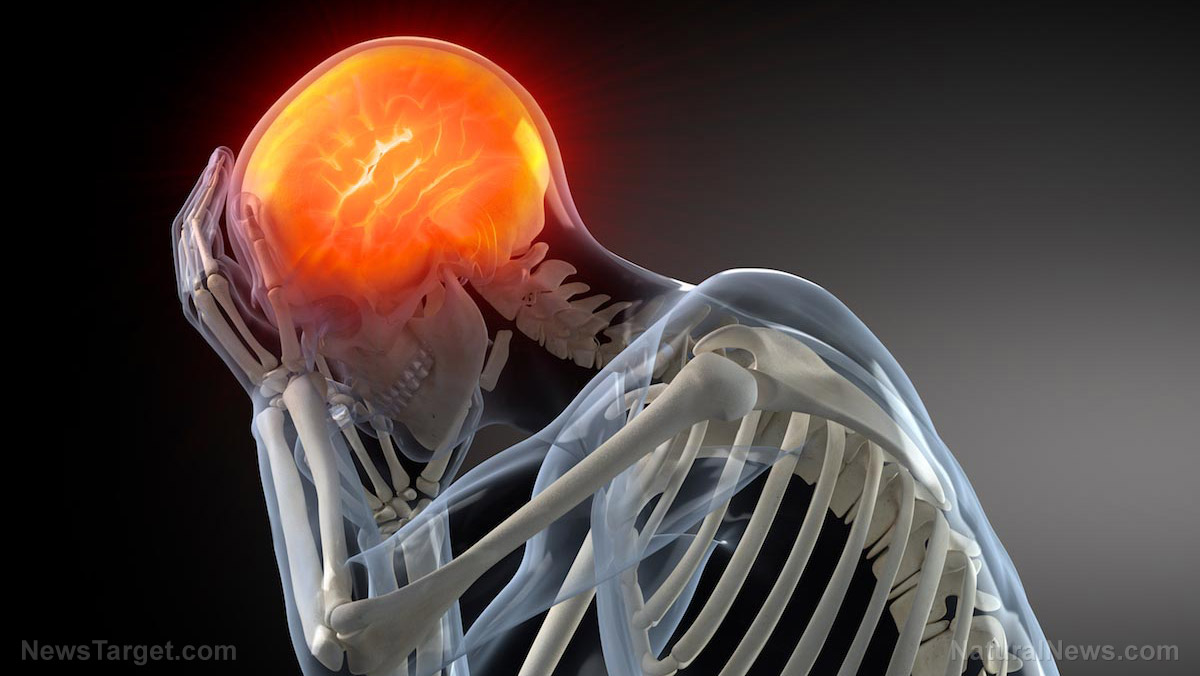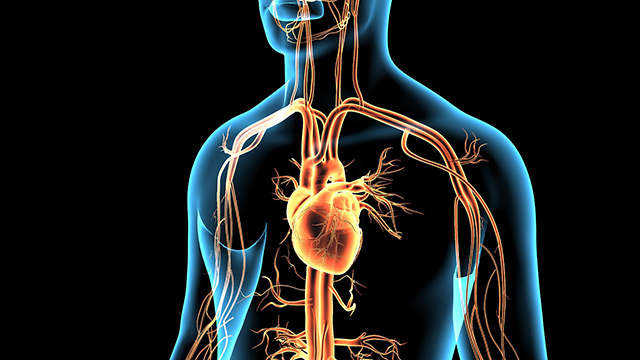Magnesium and osteoporosis: 10 Reasons why magnesium could prevent osteoporosis
05/14/2020 / By Zoey Sky

Magnesium is an essential mineral that promotes overall well-being. Meeting your daily requirement of magnesium — by eating magnesium-rich foods or taking supplements — also helps keep your bones healthy and prevents the onset of osteoporosis.
Research conducted in the U.S. and Europe has found that magnesium helps prevent osteoporosis in both men and women.
The (US) National Women’s Health Initiative revealed an ironic relationship between magnesium and bone health in American women. The women who had a higher magnesium intake had the highest mineral density in their bones, but they also had the most fractures. Researchers explained that this is because women in America who follow a healthy diet are also very physically active.
In the U.K. Biobank cohort, scientists tracked 156,575 men and women aged 39 to 72. Findings showed that the volunteers who had the most magnesium had a stronger grip, higher bone mineral density and lower body fat.
Studies suggest that you should take more than 400 mg of magnesium per day. An intake of less than 200 mg per day was linked to an increased risk of bone fractures.
Supplementing with magnesium
You can boost your magnesium intake by taking natural supplements. Make sure to take no more than 600 mg of magnesium per day. Taking more than 600 mg may cause diarrhea since excess magnesium attracts water and makes stools runny.
Note that the more magnesium you take, the smaller the percentage that your body absorbs. Magnesium glycinate, magnesium-L-threonate, magnesium citrate and magnesium orotate are more bioavailable, or completely absorbed, than magnesium chloride, magnesium oxide and magnesium sulfate.
Here are 10 benefits of getting enough magnesium:
1. Magnesium is crucial for bone health
Bone-building osteoblasts require magnesium to lay down the crystals that form the mineral content in your bones.
Additionally, magnesium has a role in the regulation of parathyroid hormone (PTH) that removes calcium from bones into the bloodstream.
2. Magnesium helps bones make smaller crystals
Magnesium-deficient women have larger mineral crystals in their bones. Conversely, mineral crystals in the bones of women who get enough magnesium are smaller and stronger.
Larger bone crystals can’t bear as much weight as smaller crystals. Smaller is better in bone crystallization and magnesium helps make small crystals in the mineral matrix of bone.
3. Magnesium helps your bones use vitamin D
Children with insufficient vitamin D in their bodies can achieve normal vitamin D levels by increasing their intake of magnesium.
4. Magnesium has a role in antioxidant production
Your body needs both oxidizing chemicals and antioxidants.
With magnesium deficiency, antioxidant production becomes insufficient. This stimulates the activity of osteoclasts, the bone-destroying cells, while hindering the activity of osteoblasts, the bone-rebuilding cells.
5. Magnesium deficiency may cause inflammation
Inflammation increases the activity of bone-destroying osteoclasts. This means they get out of sync with the bone-rebuilding osteoblasts. This results in bone loss. (Related: Relieve osteoporosis pain with these natural remedies.)
6. Magnesium helps prevent bone damage in people with diabetes
Individuals with diabetes usually develop circulatory problems in the legs and feet that can impact bone health by depriving them of blood vessels.
Maintaining a healthy intake of magnesium helps bones build the circulation they need to prevent diabetic vascular disease and neuropathy.
7. Magnesium is needed for the formation of cartilage
Cartilage has several functions, some of which include helping hold your bones together and cushion your joints.
With magnesium deficiency, the enzymes that help build cartilage are unable to function as needed.
8. Magnesium helps address the symptoms of dysmenorrhea
Restoring normal menstrual periods with magnesium can help women produce estrogen that helps maintain bone health before, during and after menopause.
9. Magnesium supplements and magnesium-rich foods are “alkalizing”
Your body doesn’t become acidic if you consume a lot of protein-rich foods and not enough fruits and vegetables. However, the kidneys may get more calcium from the bones to maintain a healthy pH for your bloodstream.
Take magnesium supplements or eat these food sources of magnesium to help “alkalize” the body and protect the mineral matrix of your bones:
- Almonds
- Avocados
- Bananas
- Brazil nuts
- Chard
- Chia seeds
- Dark chocolate
- Edamame
- Flax seeds
- Legumes
- Oily cold-water fish
- Pepitas/pumpkin seeds
- Spinach
- Tofu
- Whole grains
10. Magnesium promotes regular bowel movements
Magnesium helps promote regular bowel movement. You’ll need at least half as many milligrams of magnesium per day as you get in calcium from food and supplements.
Keep your bones strong and prevent osteoporosis by taking natural supplements and eating foods rich in magnesium.
Sources include:
Submit a correction >>
Tagged Under:
bone health, calcium, disease prevention, home remedies, Magnesium, natural cures, natural medicine, nutrition, osteoporosis, prevention, remedies, supplements, vitamin D
This article may contain statements that reflect the opinion of the author
RECENT NEWS & ARTICLES
MensHealth.News is a fact-based public education website published by Mens Health News Features, LLC.
All content copyright © 2018 by Mens Health News Features, LLC.
Contact Us with Tips or Corrections
All trademarks, registered trademarks and servicemarks mentioned on this site are the property of their respective owners.





















